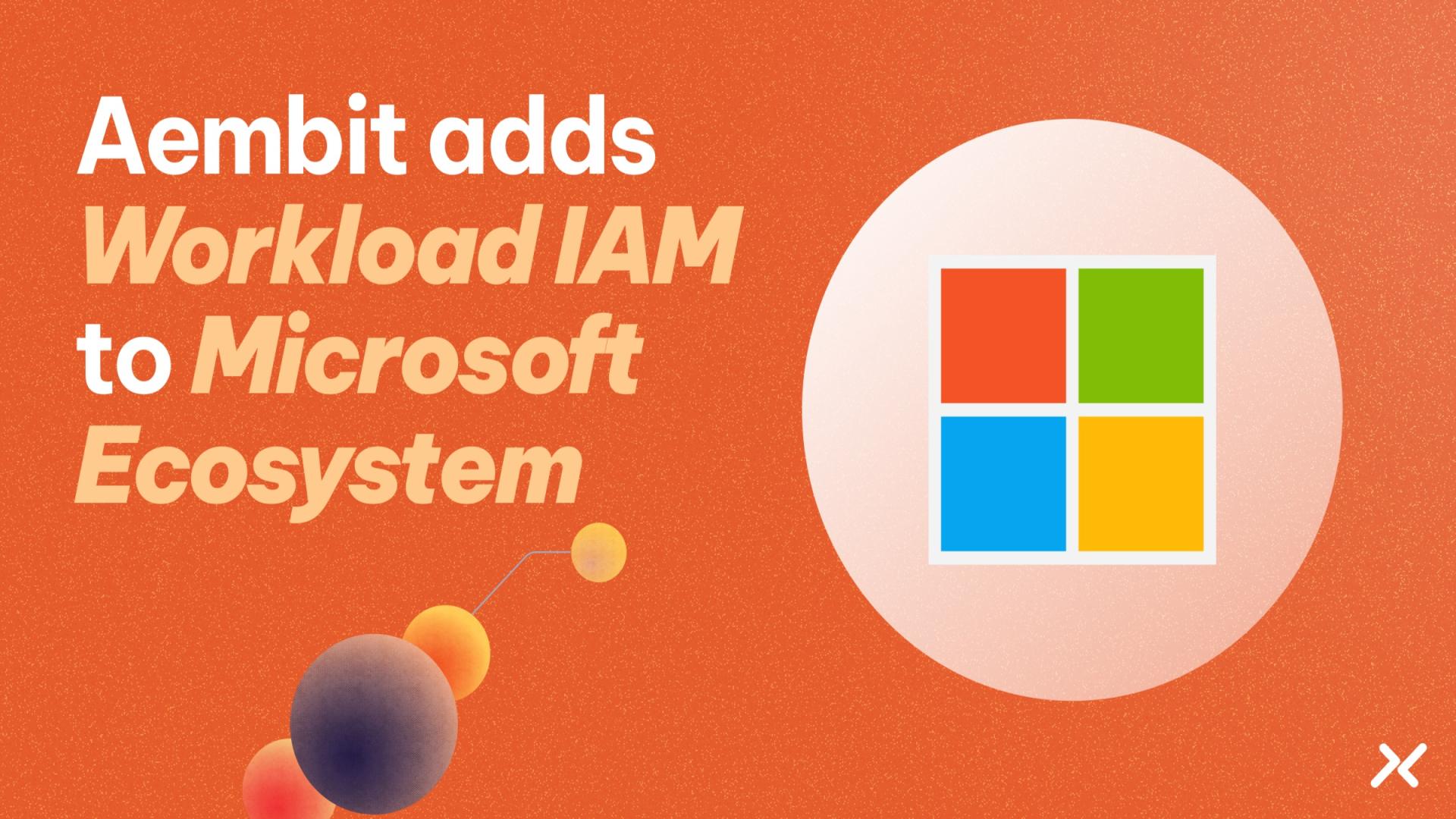Now Reading: Aembit Expands IAM Solutions to Microsoft, Enhancing Hybrid Security for Non-Human Identities
-
01
Aembit Expands IAM Solutions to Microsoft, Enhancing Hybrid Security for Non-Human Identities
Aembit Expands IAM Solutions to Microsoft, Enhancing Hybrid Security for Non-Human Identities

Rapid Summary:
- aembit Expansion: Aembit, a workload identity adn access management (IAM) provider, announced the extension of its platform to support Microsoft environments.
- Scope of Integration: Enterprises can enforce secure,policy-based access for software workloads and AI running across Windows server,active Directory,Microsoft Entra ID,Azure,third-party clouds (e.g., AWS and Google Cloud), SaaS tools, and partner environments.
- Key features Delivered:
– Centralized control for non-human identities such as applications and AI agents across both Microsoft-based and external infrastructures.
– Support for secure cloud migrations from on-premises systems to Azure in alignment wiht zero trust principles.
– Replacement of static credentials with short-lived identity-based access mechanisms that lower risk.
– Enhanced auditability through unified visibility for compliance requirements.
- Availability: AembitS IAM solution is now accessible via the Azure Marketplace.
Indian Opinion Analysis:
The announcement by Aembit highlights growing efforts to address complexity in IT infrastructure where hybrid models combining on-premises systems and multiple cloud platforms are increasingly prevalent. Secure management of non-human identities such as scripts or AI agents is vital for enterprises adopting modern technologies while adhering to security best practices like zero trust.
For India-a major hub for IT services-the strengthened integration within Microsoft’s ecosystem serves dual purposes: reducing operational risks associated with fragmented IAM policies while streamlining workflows critical in sectors ranging from finance to government operations. With India’s robust focus on digital innovation and cybersecurity, solutions like these could play a role in supporting enterprises working on sensitive data across hybrid platforms.
Organizations leveraging IAM services might benefit from improved security readiness against sophisticated threats targeting multi-cloud usage patterns-a concern relevant given India’s push toward cloud adoption nationwide.

























